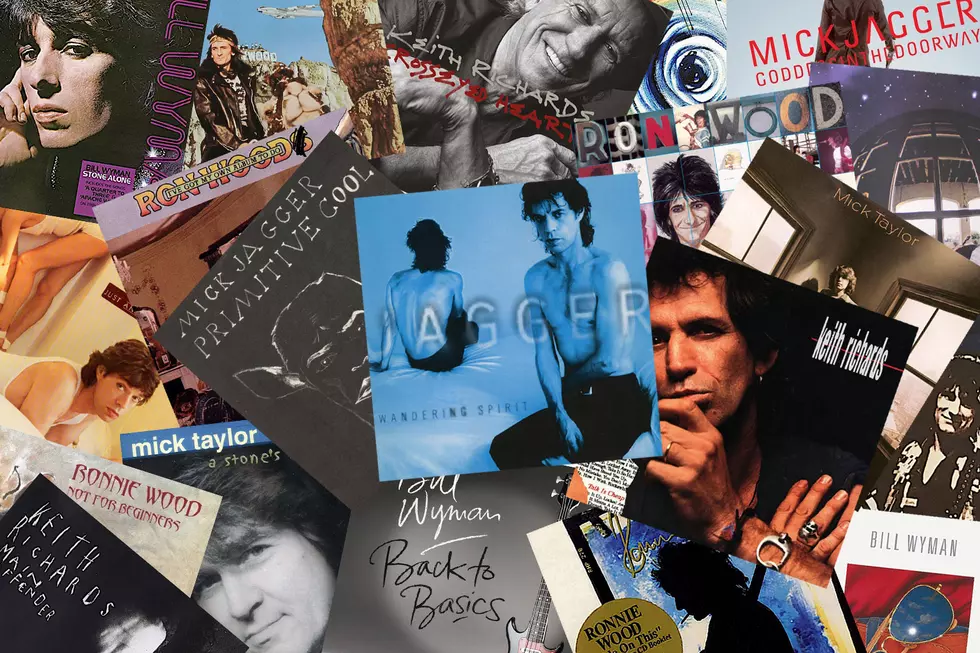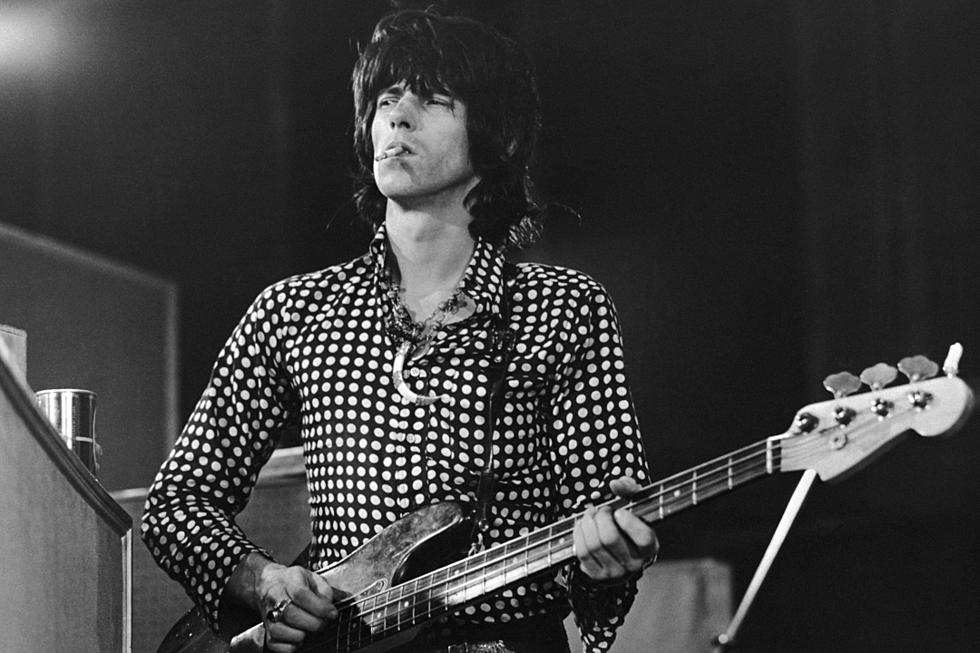
Rolling Stones Solo Albums Ranked Worst to Best
The Rolling Stones' solo albums didn't necessarily become huge commercial or critical hits like their counterparts from the Beatles, Genesis or Led Zeppelin. Still, as the following countdown shows, some produced career-changing moments anyway.
For instance, one of them seemed to precipitate a lineup change; another is said to have sparked a reunion.
As with many such projects, these albums tend to highlight the personalities that make up a larger whole. Mick Jagger's records can feel like trend-chasing calculations, Keith Richards' like late-night asides and Ronnie Wood's like boozy party jams.
Even though he was always a principal catalyst in the band, Richards ultimately became the last to release a solo record. ("I felt I had had a very cushy life in a way," he told the Tulsa World in 1992. "I could direct things, but I wasn't the No. 1 man. I let Mick take that.") Bill Wyman, who could be all over the musical map, was the first.
Along the way, stand-alone projects teased out every element and interest that these very different individuals brought to the Rolling Stones – sometimes to positive effect, sometimes not so much.
Our focus throughout was on true solo albums, so that meant leaving out Jagger's early '00s one-off SuperHeavy, Wood's work with the Jeff Beck Group and the Faces, Mick Taylor's time with John Mayall's Bluesbreakers and Wyman's Rhythm Kings. We also excluded Charlie Watts' many jazz-focused recordings, great though they may be, as well as soundtrack work like Jagger's Alfie (2004), Wood's Mahoney's Last Stand (1976), Brian Jones' A Degree of Murder (1967) and Wyman's Green Ice (1981) in order to focus on rock and pop recordings.
So, who finished on top from our list of Rolling Stones Solo Albums Ranked Worst to Best? Keep scrolling to find out.
See Keith Richards Through the Years
More From KYBB-FM / B102.7










